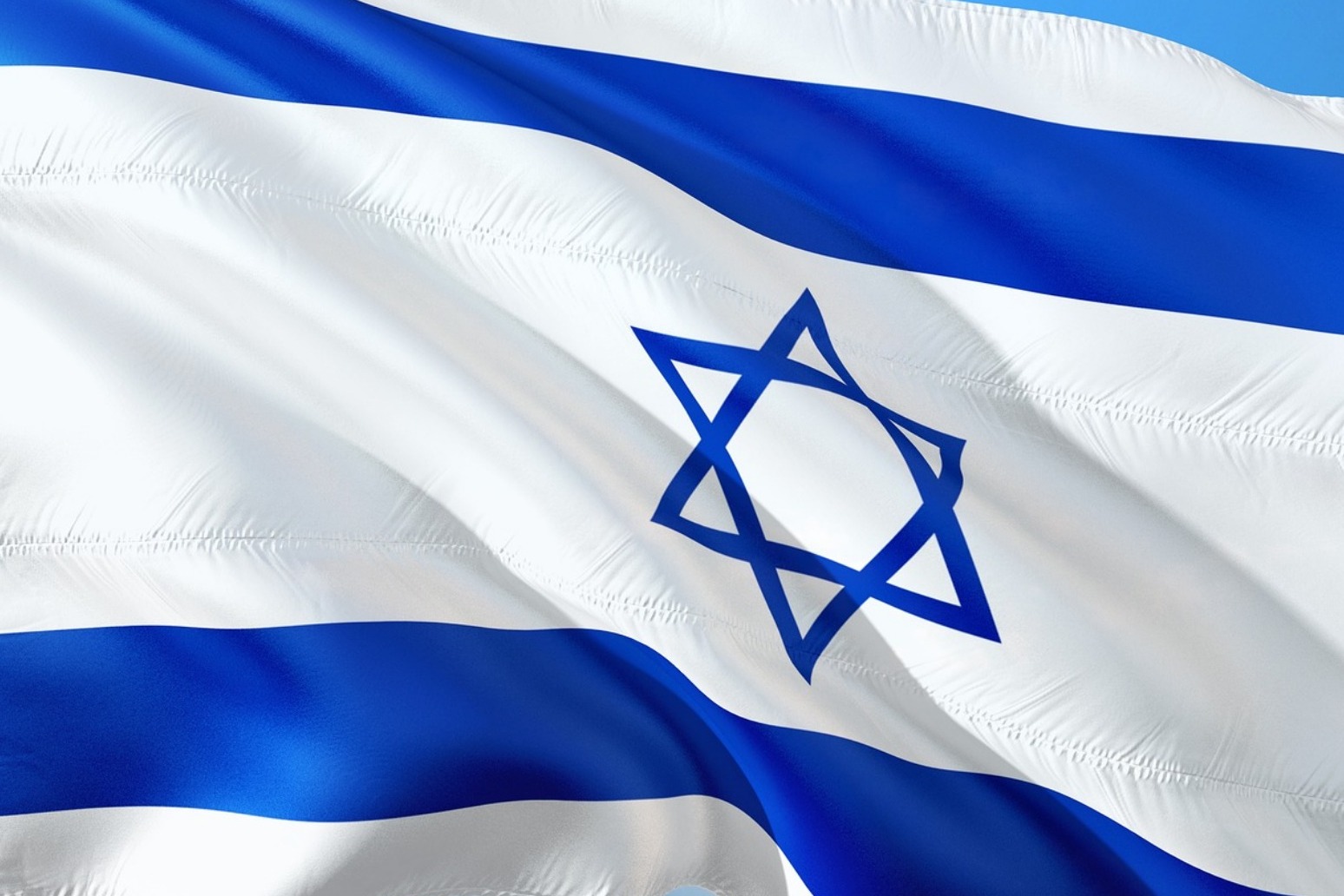
Several dead after Palestinian protests in Gaza
Israeli troops killed at least 25 Palestinians along the Gaza border, health officials said, as demonstrators streamed to the frontier
It's on the day the United States prepared to open its embassy in Jerusalem.
Protests intensified on the 70th anniversary of Israel's founding, with loudspeakers on Gaza mosques urging Palestinians to join a "Great March of Return". Black smoke from tyres burned by demonstrators rose into the air at the border.
"Today is the big day when we will cross the fence and tell Israel and the world we will not accept being occupied forever," said Gaza science teacher Ali, who declined to give his last name.
"Many may get martyred today, so many, but the world will hear our message. Occupation must end," he said.
Israeli troops killed 16 Palestinians on Monday, including a 14-year-old boy and a man in a wheelchair, and some 500 protesters were injured, at least 200 by live bullets, health officials said. The man in the wheelchair had been pictured on socila media using a slingshot.
The latest casualties raised the Palestinian death toll to 61 since the protests began on March 30. No Israeli casualties have been reported.
The killings have drawn international criticism, but the United States, which has angered the Palestinians and Arab powers by relocating its embassy to Jerusalem from Tel Aviv, has echoed Israel in accusing Gaza's ruling Hamas movement of instigating violence, an allegation it denies.
Later in the day, Israeli leaders and a U.S. delegation including Treasury Secretary Steven Mnuchin and President Donald Trump's daughter and son-in-law, Ivanka Trump and Jared Kushner, were due to attend the opening of the embassy.
"What a moving day for the people of Israel and the State of Israel," Israeli Prime Minister Benjamin Netanyahu said.
Jason Greenblatt, Trump's Middle East peace envoy, said on Twitter that "taking the long-overdue step of moving our Embassy is not a departure from our strong commitment to facilitate a lasting peace deal. Rather, it is a necessary condition for it."
But Palestinian Prime Minister Rami Hamdallah said Trump's recognition of Jerusalem as Israel's capital in December and the relocation of the embassy were "blatant violations of international law".
The Palestinians, who want their own future state with its capital in East Jerusalem, have been outraged by Trump's shift from previous administrations' preference for keeping the U.S. Embassy in Tel Aviv pending progress in peace efforts.
Published: by Radio NewsHub